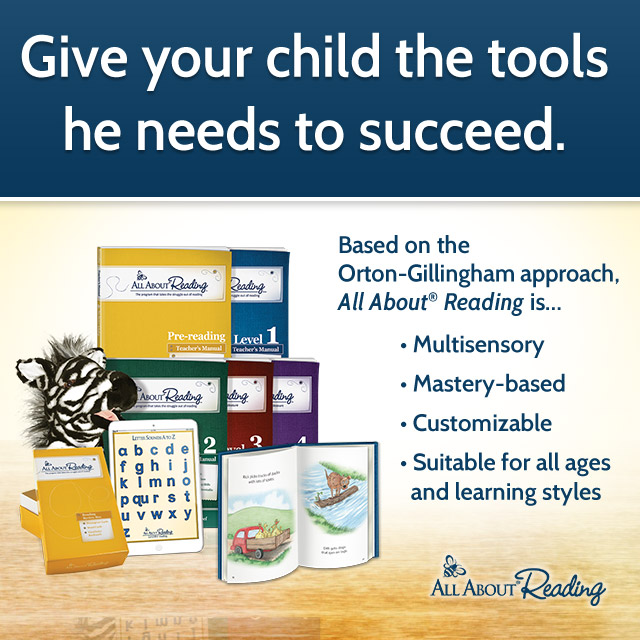Phonemic Awareness: What Every Parent Should Know
What is it?
Phonemic Awareness is the ability to HEAR, blend, isolate, substitute, and manipulate the sounds in a spoken word (phonemes!).
Huh?
Let's take the word "cat" as an example.
Blending:
Blend the individual sounds together: /c/ /a/ /t/ = cat.
Isolating:
Isolating specific sounds in the word:
What is the first sound in "cat"? /c/
What is the middle sound in "cat"? /a/
What is the last sound in "cat"? /t/
Segmenting:
Break down the word into individual sounds (opposite of blending):
"cat" can be segmented as /c/ /a/ /t/.
Manipulating:
Adding Phonemes: Say "og." Now add /d/ to the beginning. What word do you get? "dog!"
Deleting Phonemes: Say "dog." Now say "dog" without /d/. What do you get? "og!"
Substituting Sounds: Say "dog." Now change /d/ to /h/. What is the new word? "hog!"
Why is it important?
Lack of Phonemic Awareness skills is the main reason for reading struggles and it is the number one predictor of reading ability! WOW!
Most reading problems can be prevented if young learners are trained in letter-sound skills and phonological awareness!
How can you help?
Luckily, there are SO many ways to make this fun for kiddos. Here are some quick activities to help your child build these vital sound skills (keep these fun, quick, and game-like)!
Isolating Sounds!
You will ask questions like these:
What do you hear at the beginning, middle, and end of the word ____?
What is the 1st sound ____?
What is the middle sound in ___?
What is the last sound in ___?
How do we spice this activity up a bit?
🍽 Cooking? Use food words!
🚗 Driving? Use what you see out the window!
🛒 Shopping? Use items you see on the shelves!
Sound Hunt: Go on a sound hunt around the house or during a walk. Identify objects that start or end with a specific sound. Example: "Find three things that start with /p/."
HINT! If your child is having trouble with these listening activities, remind them that sounds are what we hear! Have them close their eyes and listen as you make different sounds (clapping, stomping, whistling, snapping, etc…).
Blending Phonemes!
You will ask questions like these:
Blend the sounds /d/ /o/ /g/. What is the word? Answer: dog
How to make this a bit more exciting?
What am I saying? Turn his into a fun mystery game. Say each sound in a word and have your learner blend the sounds to “figure” out what you are saying! Ex: “Guess what my mystery word is! /c/ /a/ /t/” They would say, cat! Do this several times.
Use fun manipulatives like Pop-Its, Legos, play-doh, toy cars, or any small toy to blend the sounds in words!
Segmenting Phonemes!
You will ask questions like this:
What are the sounds you hear in dog? Answer: /d/ /o/ /g/
How many sounds are in the word dog? Answer: 3
How to make this a bit more appealing?
🐢Talk like a turtle or robot. Get silly with segmenting! Give a word to your learner and have them say each sound like a turtle or robot! Ex: Say the word cat slowly like a turtle. They would say, /c/ /a/ /t/.
🪀Use fun manipulatives like popits, Legos, play-doh, toy cars, or any small toy to count the sounds in words!
Manipulating Phonemes!
You will ask questions like:
Adding Phonemes: Say og. Now add /d/ to the beginning. What word do you get? Dog!
Deleting Phonemes: Say dog. Now say dog without /d/ What is left? og!
Substituting Sounds: Say dog, now change /d/ to /h/. What is the new word? Hog!
How to make this fun?!
Make words: Say a simple word like "at." Ask your child to add a sound to the beginning or end to create a new word. Example: "Add /b/ to 'at.' What word do you get?" (Answer: "bat")
It’s OK if it is a nonsense! Laugh about it!
Mystery Word Blending: Choose a word but say each phoneme separately. Have your child blend the sounds to guess the word. Example: Say /c/ /a/ /t/. Ask, "What word did I say?!" (Answer: "cat")
Focus on rhyming words. Substitute a sound in a rhyming word to create a new one.
Example: "If 'cat' rhymes with 'bat,' what word rhymes with 'bat' if you change /b/ to /m/?" (Answer: "mat")
What now??
Incorporate these super activities into your daily routines! Don’t overthink this. Utilize a few minutes here or there to do some of these quick activities. These few minutes will go SO far for your child and most of them can be done with NO extra materials!

